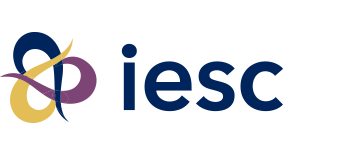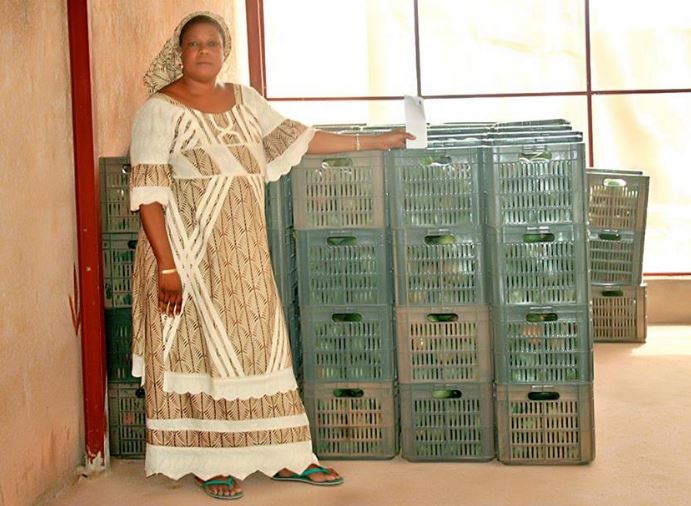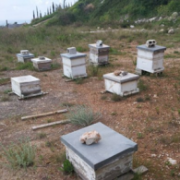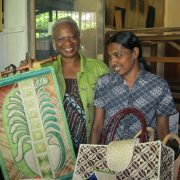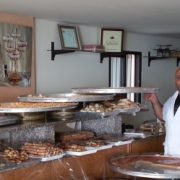An Entrepreneur Focused on Helping Women
|
|
| Sanogo Diarra owns a company that employs 22 women from her neighborhood. |
Sanogo Diarra’s fruit processing company has created good jobs for women in her community
It was 2009, and Sanogo Diarra saw that women in her neighborhood needed jobs. More than that, they wanted jobs. And she wanted to help them. In Mali’s capital city of Bamako, she founded a company that processes dried fruits and vegetables.
With her company, Unit頤e S飨age Kadiatou, Diarra was determined to create good, steady jobs for women.
By 2015 the company was in full expansion mode; in fact, it was awarded a contract to export three tons of dried mangos for regional and European markets, and that was in addition to a steady supply of requests from local supermarkets. Unfortunately, Diarra couldn’t keep up with the pace of demand. She had a cash flow problem, not enough workers, and not enough equipment.
‘I was desperate to meet the many demands of the market,’ she said.
“This company will be a model in the region.”
‘ Sanogo Diarra, business owner
That’s where IESC’s Finance for Food Security and Women Entrepreneurs Program comes in. The program, jointly funded by USAID and the Swedish government, connects small and medium businesses in agriculture or those owned by women with financing to help them grow and expand
For many entrepreneurs around the world, the loan application process can be extremely daunting.
The program worked closely with Diarra as she prepared her loan application to Bank of Africa. It helped her to deal with the bank throughout the process, responding to their questions and requests for additional information.
Bank of Africa is a partner bank in the Development Credit Authority, a USAID initiative that reduces some of the risk for banks to help get more capital in the hands of entrepreneurs and business owners in developing countries.
Diarra was eventually approved for a $25,000 loan. She used the infusion of capital to improve facilities at the company. The company has built a ripening shed with a washing area and purchased some additional drying equipment. They also bought fresh mangos for the 2016 season. Finally, Diarra used the loan to hire the workforce she needed and wanted: women in the neighborhood seeking an opportunity to make some money.
Today, the company produces one-and-a-half tons of dried mangos every day. Of its 23 employees, 22 are women.
‘With the will and the expertise we have today, this company will be a model in the region in the field of dried mango exports,’ Diarra said.
This story is made possible with the support of the American people through the United States Agency for International Development (USAID). The contents are the sole responsibility of IESC and do not necessarily reflect the views of USAID or the United States Government.
